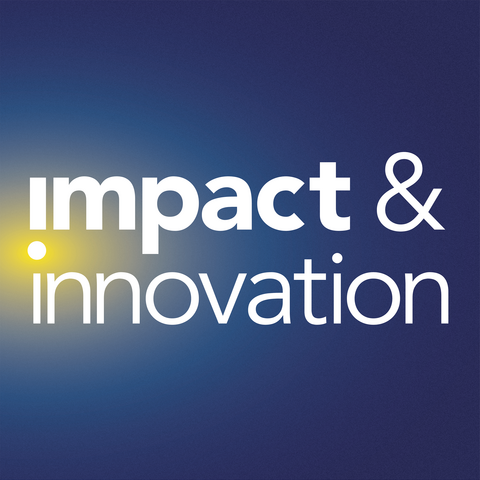Social Impact
The Funding Crisis Facing Nonprofits
We talked to Andrea Levere ’83 and Alexandra Sing ’20, CEO and COO of Capitalize Good, about the state of the social sector and the increased urgency of their work working with funders and nonprofits to move toward a model of stable, long-term capital.

Can international attention improve factory conditions?
With consumers becoming increasingly concerned about how their goods are produced, international companies are faced with managing conditions — as well as productivity — all along their supply chains. In many cases, that means finding ways to oversee factories in China.
What is Nollywood?
Nigeria’s film industry, often called Nollywood, produced 1,687 feature films in 2007. That’s more movies than were made in India and the United States combined. In a country that has suffered from decades of corruption and a failure to translate significant oil wealth into a higher standard of living for the majority of people, this homegrown enterprise has brought Nigeria a new sort of attention in recent years.
How can one country fight an epidemic?
Elizabeth Serlemitsos ’93 is chief advisor to the Zambian National AIDS Council, which is the government entity responsible for coordinating the country’s response to HIV and AIDS. The council works with international donors to develop and implement both private and public sector programs to combat devastating impacts of the disease.
Q4 Update: Can a double bottom line help in tough times?
Solving problems at the intersection of business and society may pay dividends for a small Bay Area venture capital firm.
How should we fund nonprofits?
The nonprofit sector is developing tools for financing and managing the organization that come largely from the for-profit world. Clara Miller, president and CEO of the Nonprofit Finance Fund discusses both the need for more financial savvy in the nonprofit realm as well as the pitfalls of an overly commercial mindset.
Can a double bottom line bring better returns?
Why is a venture capital firm encouraging the employees in a company it funds to give free music lessons? They’re trying to prove the thesis that companies that engage with their communities also reap a business advantage.
Should capital be socially responsible?
Two decades ago, socially motivated investing accounted for a tiny percentage of worldwide capital. Today, investors representing $14 trillion have signed on to the UN’s Principles for Responsible Investing. What influence are they having?
How is the new philanthropy different?
The wealth generated by the dot-com boom of the 1990s produced a new generation of philanthropists, determined to use their capital and their business savvy to solve social problems. A decade later, have they transformed the world of philanthropy?
Does our health system deliver value?
Competitive strategy expert Michael Porter, the Bishop William Lawrence University Professor at Harvard Business School, has shaken up the thinking around healthcare reform with Redefining Health Care, a book he coauthored with Elizabeth Teisberg, associate professor at the Darden School of Business. Porter talked with Q3 about his ideas on how to bring the right kind of competition to healthcare and developments since the 2006 release of his book.
Can markets help the poor?
A loan might allow you to buy a bike to commute to a new job or to nurse your business through an unexpected setback. But billions of people around the world have little or no access to financial markets. Microfinance is one potential solution to this dilemma.
